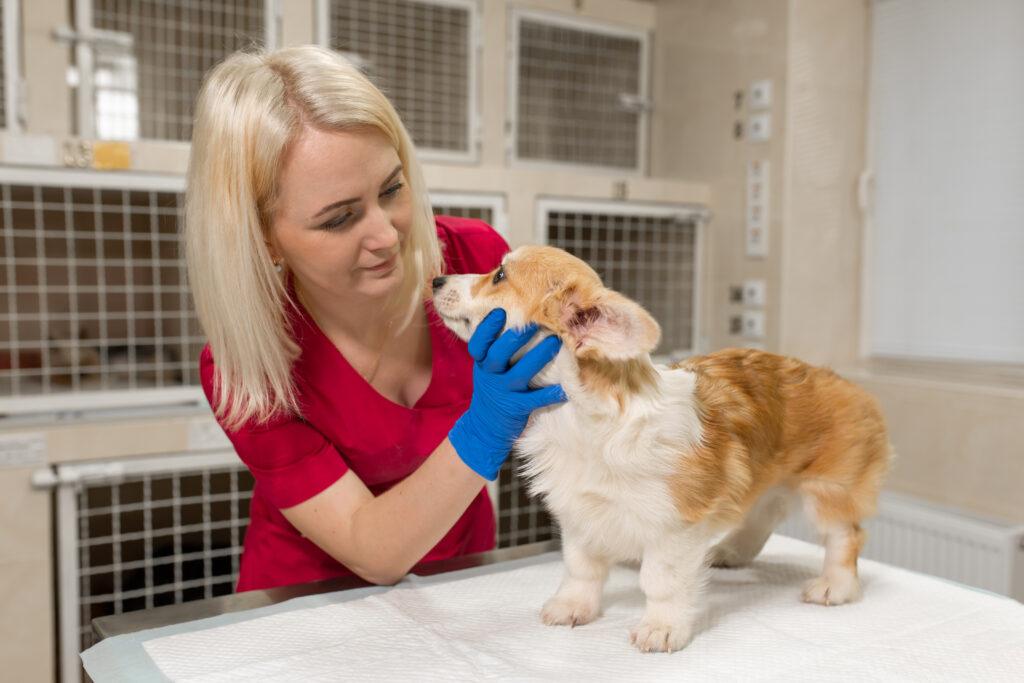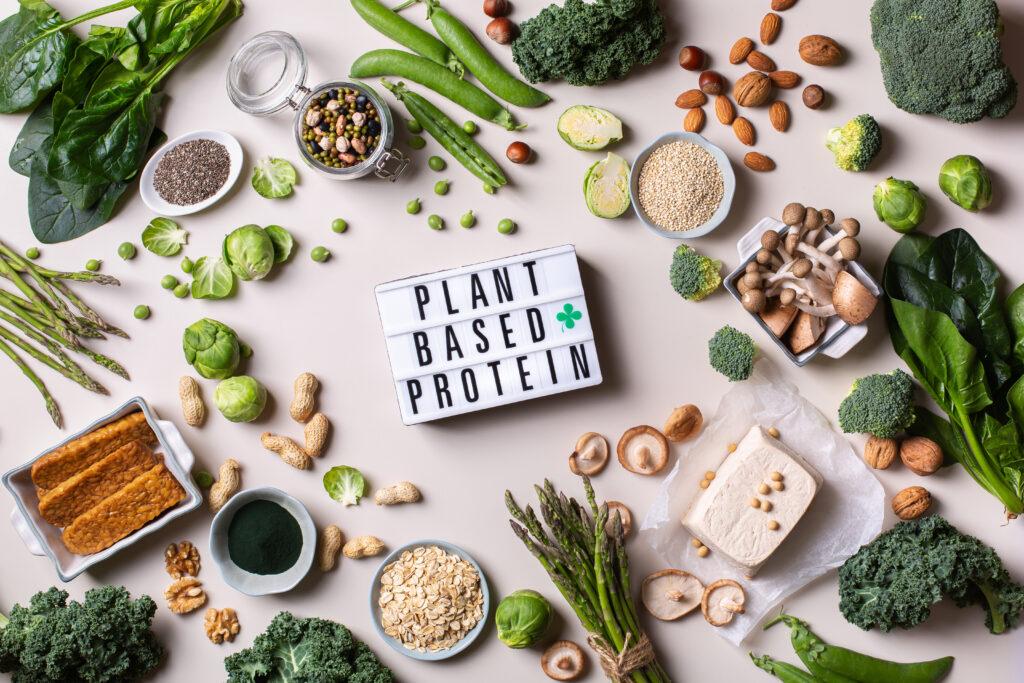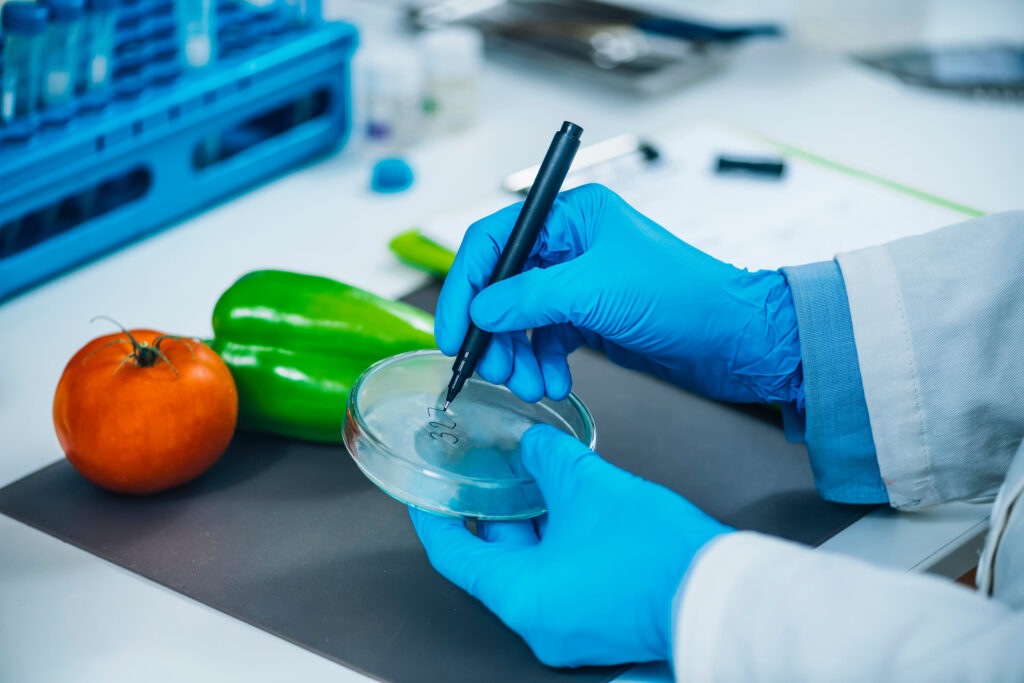Brucella canis cases in several EU Member States

Authorities in several EU Member States (France, Italy, Sweden, the Netherlands, Portugal) and the United Kingdom are raising awareness of Brucella canis outbreaks and infestations, mainly in imported dogs.
A ubiquitous tire rubber-derived chemical found to be toxic to fish

Our Institute has been notified of the following issue through the EFSA EREN network.
Benefits and risks of grain seeds, muesli and oils

Consumption of whole seeds and foods made from them is recommended because of their nutritional value and beneficial health effects, but it is important to know that they may also contain various contaminants.
Study confirms the link between cadmium and the risk of diabetes
According to the 2009 study of the European Food Safety Authority, cadmium potentiate prediabetes and diabetes in humans referring to the article Schwartz et al., 2003. A new publication might add valuable information to possible future risk assessments.
Nutritional impact of plant-based meat and dairy alternatives

The popularity of plant-based meat and dairy products has increased significantly in recent years, creating a new market for these products. While these alternatives may be useful as a practical replacements for meat and dairy products, from a nutritional point of view they cannot be considered as substitutes.
Exploring arcobacter risk to the food industry and human health

A research team from the University of the Basque Country has conducted a study into the prevalence and characterisation of bacteria of the Arcobacter genus using a large number of samples of different foods (seafood, vegetables, meat products and fresh cheese), including some that have never been analysed in our environment previously. In addition, they have studied the ability of these bacteria to adhere to various surfaces frequently found in food processing environments.
Hepatitis cases linked to turmeric supplements

ANSES (French Food Safety Authority) draws attention to dozens of cases of hepatitis related to the consumption of turmeric or curcumin dietary supplements.
Essential oils and nanoparticles for antimicrobial use
Currently, research is increasing on the use of plant-derived substances and essential oils against food pathogens, due to their antimicrobial effect. According to the current trend, chemical substances are used in the smallest possible amount, therefore essential oils can be suitable alternatives to chemical antimicrobial substances. Various beneficial effects can be achieved in combination with nanoparticles (e.g. controlled release of the active ingredient). Below is a short summary of the publications that have come to our attention on the subject.
New information on the dietary intake of toxic heavy metals – lead in particular
A recent Polish study has come to an interesting conclusion about the dietary intake of lead.
Cost is the biggest concern for EU consumers when buying food

The report of the latest Eurobarometer on food safety has been published.
